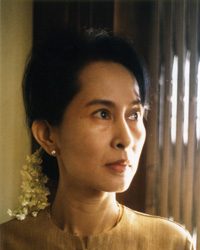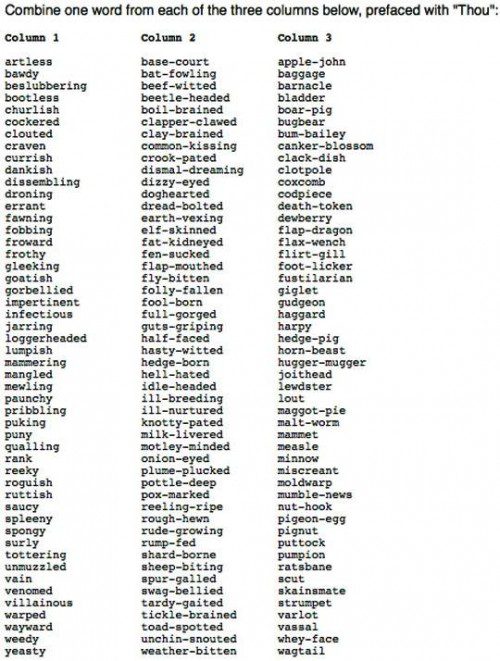Could freedom and democracy be returning to Burma? After almost a half-century of brutal military rule, Christians there are hopeful.
“Burma appears to be turning a new leaf,” reports Mission Network News. “The brutal military rule has given way to a civilian government. The head of that new government launched a series of reforms that appear to be more than superficial reform. Because of it, the Burmese are daring to hope.”
However, military rulers have governed with a heavy hand for decades — leaving their mark in a number of odd ways, such as changing the name of the country to Myanmar — yet to be accepted by many citizens. And a recent incident raised doubts as to whether the military has changed.
About 300 soldiers from the Army’s Infantry group 438 and Light Infantry group 121 entered the small village of Nam San Yang in Kachin State where separatists are fighting to establish an independent Kachin-tribal state. The troops opened fire over the heads of Catholic church members, Father Jan Ma Aung Li, 49, told a reporter named Panida from the Mizzima news agency.
“On Sunday,’ said Father Jan, “we planned to start praying at 8 a.m. But we heard gunfire so we decided that the services should start at 9 a.m. Around 9:30 a.m., the government troops fired at us. We saw their guns aimed at us, so we lay down on the ground, and said we were just civilians. If we did not lie down on the ground immediately, bullets might have hit us. An elderly woman and children cried.
“Then, they told five men including me to sit down and they conducted an interrogation. They said that all males in the village were people’s militiamen. Then they asked where the guns were and beat our backs with gun butts and kicked us. They asked where the warehouse of guns was and where the bombs were. At that time, I was extremely nervous. If KIA [Kachin Independence Army] troops came at that time, they would shoot and we could die. It’s lucky that KIA troops did not come.”
The troops “ransacked the whole church,” said Father Jan. “They kicked us and beat us with gun butts. Then we were tied with wire and led away. After we had passed about four houses, they ordered us to carry rucksacks. We said that we could not carry them because our hands were tied. They told us not to run away and they untied us. Then we carried the rucksacks, walking with frequent pauses. We had to walk about three hours. Then we rested at Lawkathama Monastery in Nam San Yang.
“When we arrived at Lawkathama Monastery, the KIO [Kachin Independence Organization] had followed us and gunfire broke out.”
Fortunately, no one was hurt and the priest and the four other men — Mali Naw Taung, Mali Tu Khay, Ah Wu and Shan man Laung Lu — continued with the troops.
“When we arrived at a Baptist church, they asked us if we wanted to return to the village or we wanted to accompany them. They said if we accompanied them, they would release us when we arrived at a safe area.”
However, the soldiers warned the five that if they were released at the church, other military units might find them there and “were more violent, they said, and they could not guarantee what might happen.” The five were told that “government superior military officers had ordered that all men from Nam San Yang should be killed as informers and the women should be arrested.”
The five chose to be released despite the risk and “returned to our village, we did not use the main road. We followed a jungle path. When we were about to arrive at my home located at the edge of the village, we saw our houses were on fire. We tried to round up the Catholic people,” said the priest, “otherwise other government military units would have killed them. As so we fled to Laiza. At that time, more than 10 houses were on fire.”
“A member of the government Light Infantry No. 121 set fire to the house of pastor Aung San. The house was painted with oil-dregs, so it was [easily] burned. I don’t know how the other houses were set fire.”

The soldiers “told us to take a message and give it to the KIO,” said the priest. “They just came as an advance military unit to clear the route. If the KIO doesn’t shoot, they will not shoot. If the KIO shoots, they will also shoot. Six battalions will march from the Bhamo Road and three will march from the Myitkyina Road. So, the total of nine battalions will come. Their vehicles will carry weapons to attack Laiza, according to Lieutenant Colonel Aung Naing Oo. But, he did not disclose when the troops would attack.”
In late September, Burma’s new government released a large number of political prisoners, among them Nobel Peace Prize winner and opposition leader Aung San Suu Kyi, who has been jailed or restricted to her home for decades.
Although the junta regime appears to have much less influence, Patrick Klein with Vision Beyond Borders cites a Christian leader who said “he really believes it is changing. He’s very, very hopeful. I think they’re realizing that they cannot stand alone. They need the rest of the world, and they need to open up.”
Klein acknowledges that challenges lie ahead. “Be praying that God will convict these men, or remove them from their positions of authority, and that the Lord will cause His church to rise up more and more, to evangelize, to use the opportunities that God has given them inside their country to reach their people.”


